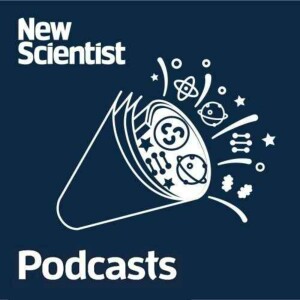
#30: Redefining time; why mindfulness can cause problems; secrets of super-resilient tardigrades
 2020-08-20
2020-08-20
Our measurement of time isn’t up to scratch. We can’t define a second or an hour or even a day by referring to the length of time it takes the Earth to spin on its axis, because that duration isn’t constant. But even caesium atomic clocks, with an accuracy of 1 second in 100 million years, are no longer accurate enough. Time needs a new definition.
In the pod this week are New Scientist journalists Rowan Hooper, Valerie Jamieson and Clare Wilson. They discuss a new, more precise way of defining a second, a method that will now be considered by the Time Lords in charge of these things, and ask what benefits we could get with a new kind of atomic clock.
The team also explores the findings that mindfulness, used the world over to improve mental health, could sometimes have the opposite effect, leaving some people more anxious and depressed. They celebrate the toughest creatures in the world, the eight-legged tardigrades, and consider how we might use their powers to our own ends, and also discuss the worrying news that Greenland has passed a tipping point and is set to lose all of its ice. In the Total Perspective Vortex, the team marvel at the speed of the fastest star ever seen.
To find out more, subscribe at newscientist.com/podcasts.
Hosted on Acast. See acast.com/privacy for more information.
Learn more about your ad choices. Visit megaphone.fm/adchoices
More Episodes
Create your
podcast in
minutes
- Full-featured podcast site
- Unlimited storage and bandwidth
- Comprehensive podcast stats
- Distribute to Apple Podcasts, Spotify, and more
- Make money with your podcast
It is Free
- Privacy Policy
- Cookie Policy
- Terms of Use
- Consent Preferences
- Copyright © 2015-2024 Podbean.com






